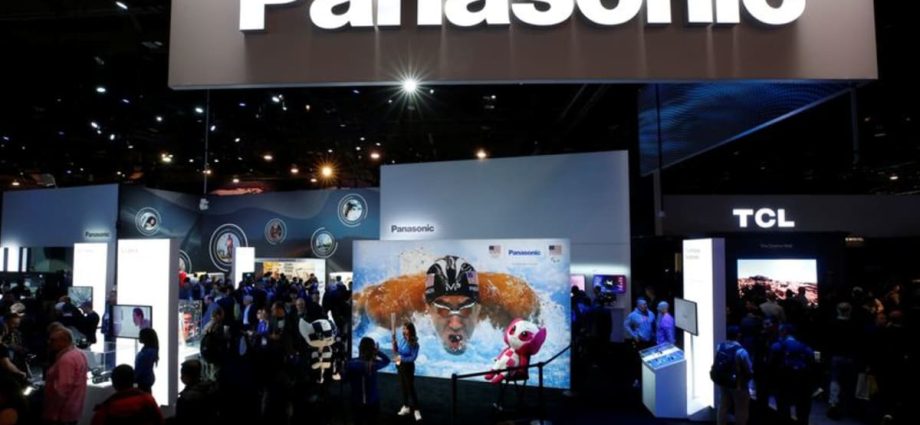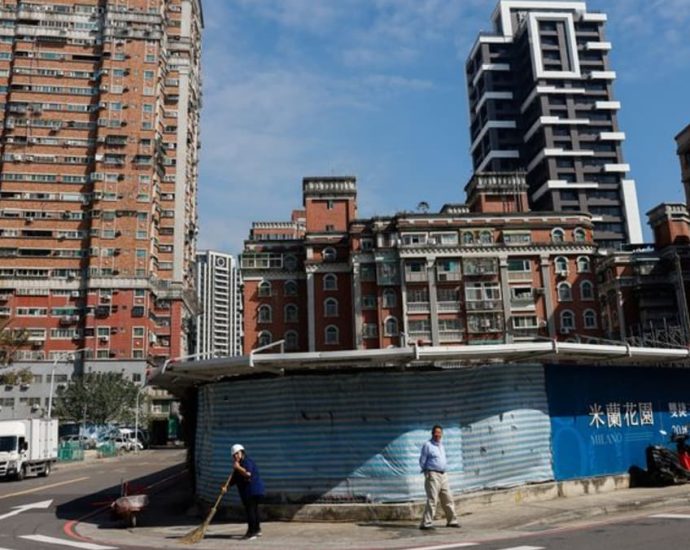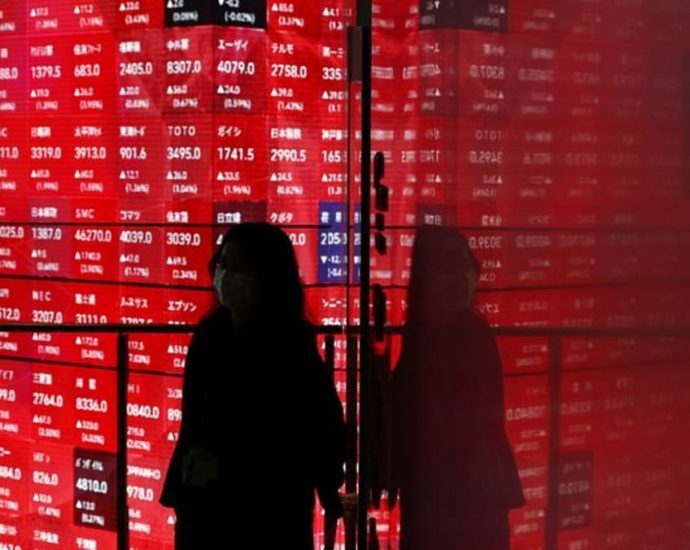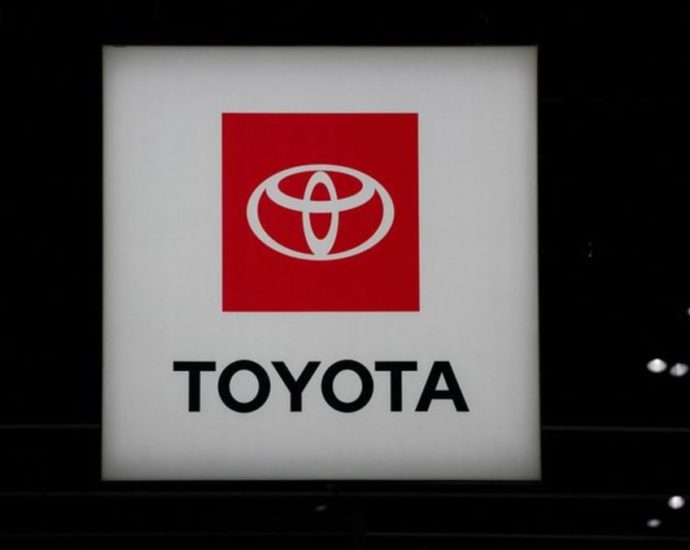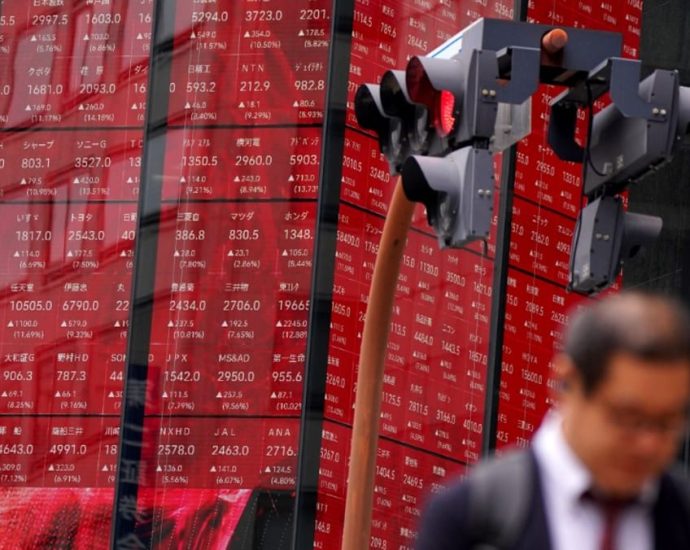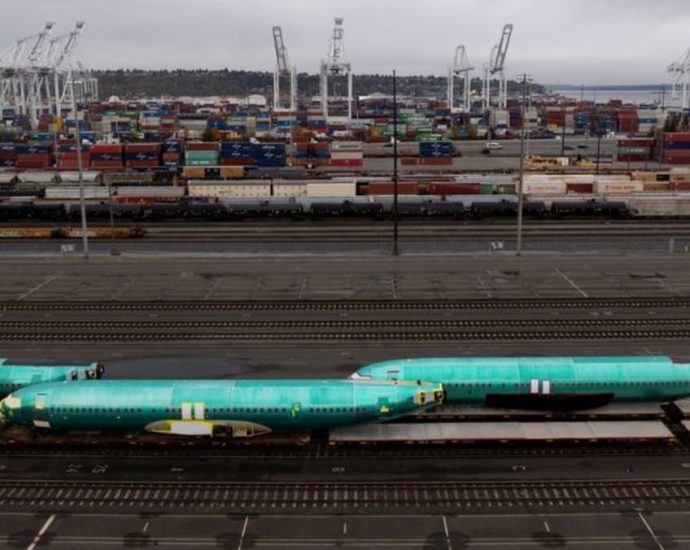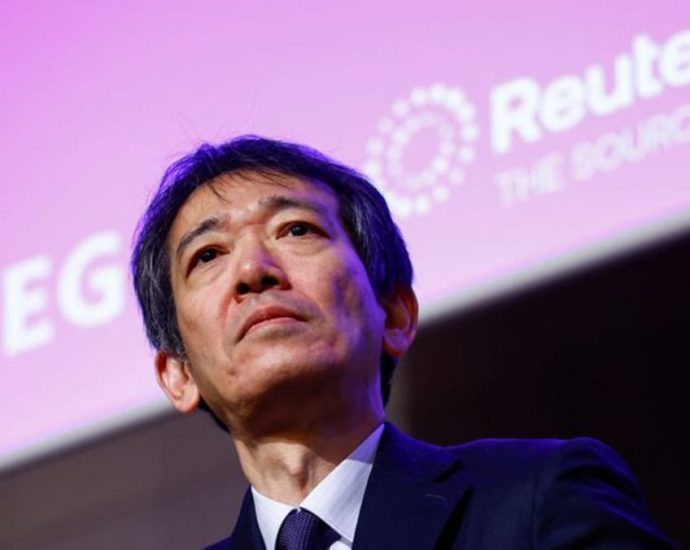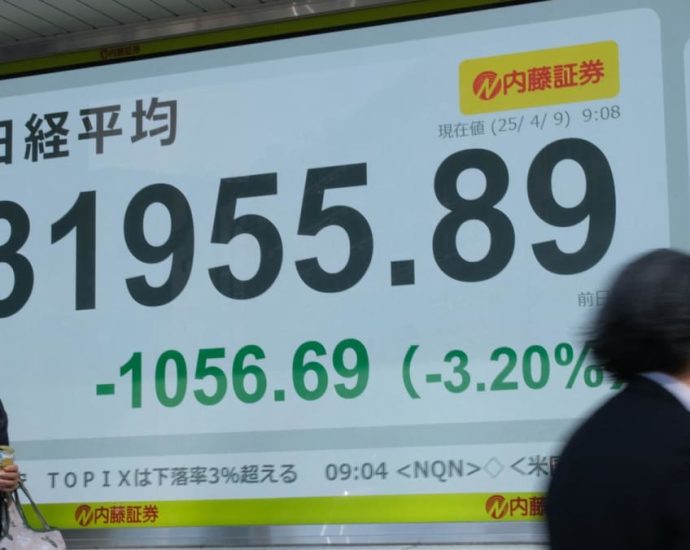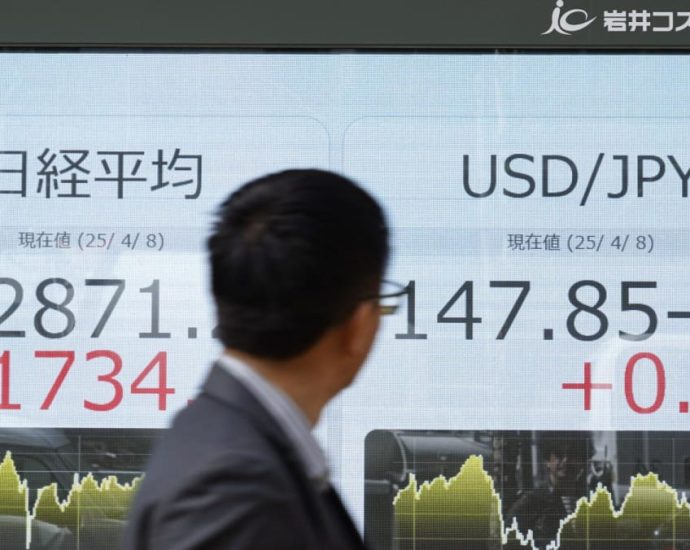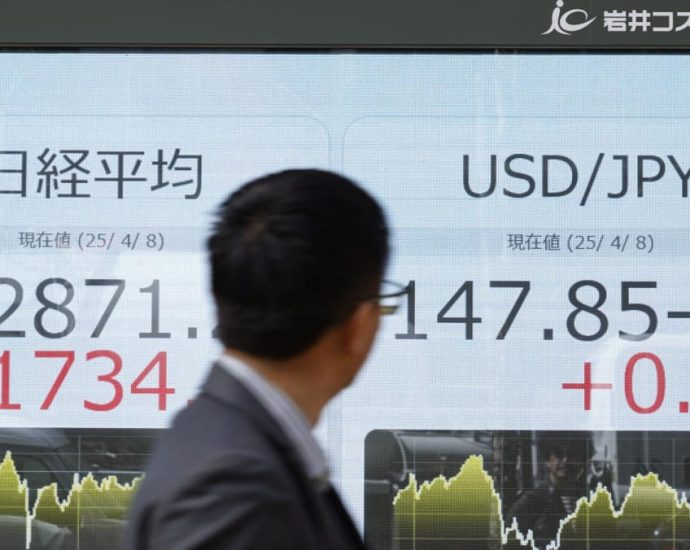Japan’s Panasonic targets 10,000 job cuts worldwide
Panasonic, a Japanese electronics company that supplies batteries to Tesla, announced on Friday ( May 9 ) that it will target 10,000 job cuts around the world as part of efforts to boost profitability. The team’s workforce, which is roughly 4 % of its workforce of almost 230, 000, mayContinue Reading

